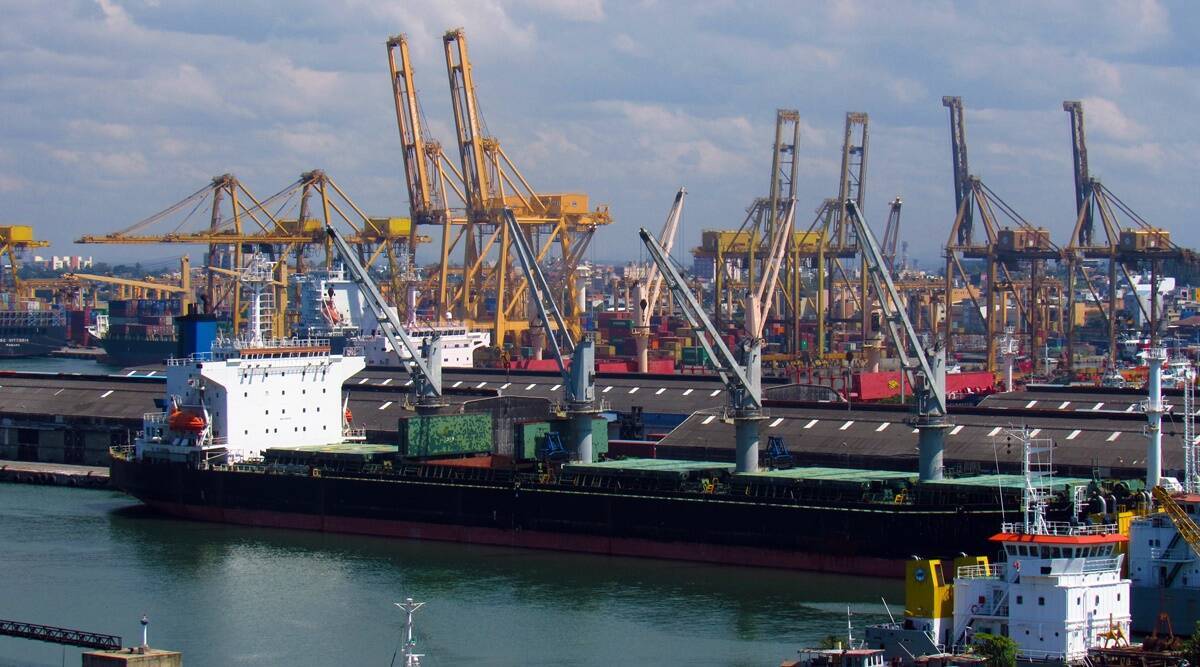 For the project, the MoEF has sanctioned diversion of just over 130 square kilometres of forest land and felling of around 8.5 lakh trees. The project is likely to affect the mangrove cover and coral reef in the area. (Representational image)
For the project, the MoEF has sanctioned diversion of just over 130 square kilometres of forest land and felling of around 8.5 lakh trees. The project is likely to affect the mangrove cover and coral reef in the area. (Representational image)The Ministry of Environment, Forests and Climate Change has given environmental clearance for the Centre’s ambitious Rs 72,000 crore multi-development projects in Greater Nicobar island, India’s southernmost point and a strategically important area. The ministry had given an in-principle approval for the project last year.
The Indian government’s ambitious plans include development of an international container transshipment terminal, a military-civil dual use airport, a solar power plant and an integrated township. The port and development will be controlled by the Indian Navy.
For the project, the MoEF has sanctioned diversion of just over 130 square kilometres of forest land and felling of around 8.5 lakh trees. The project is likely to affect the mangrove cover and coral reef in the area.
The Greater Nicobar island is occupied by the Shompen and Nicobarese tribes. The project area falls near two national parks – Galathea Bay National Park and Campbell Bay National Park.
“The Stage-1 environmental clearance for the project was given 10 days ago. Now the project proponent will have to apply for Stage II clearance – which will involve examination of several compliances. This may take months,” said a senior ministry official.
The Greater Nicobar region is home to leatherback sea turtles and other important species such as Nicobar macaque, Nicobar megapode and saltwater crocodiles and rare and endemic plant species such as tree ferns and orchids. The project was given a go-ahead keeping in mind the strategic importance of the port to be developed.
“This project is of great strategic importance keeping in mind India’s presence in the Bay of Bengal, with China becoming more aggressive in the South China Sea. The recent docking of a Chinese survey ship in Sri Lanka has made the project even more urgent. This project is of great national importance and the Home Ministry has been very unambiguous about its importance. But we have been diligent in our clearances and have involved Zoological Survey of India (ZSI), Wildlife Institute of India (WII) and Salim Ali Centre for Ornithology and Natural History (SACON) in examining the matter,” said a ministry official.
Officials added that the government will undertake a project for translocating part of the coral reef that will be affected by the project. “Only a part of the coral reef will be affected as the port will not be stretched along the entire coastline. Translocation of coral has been done earlier. The ZSI will be in-charge of this activity,” the official said.
The WII, meanwhile, is putting in place a conservation management plan for the leatherback turtle, which will also be affected by the project.